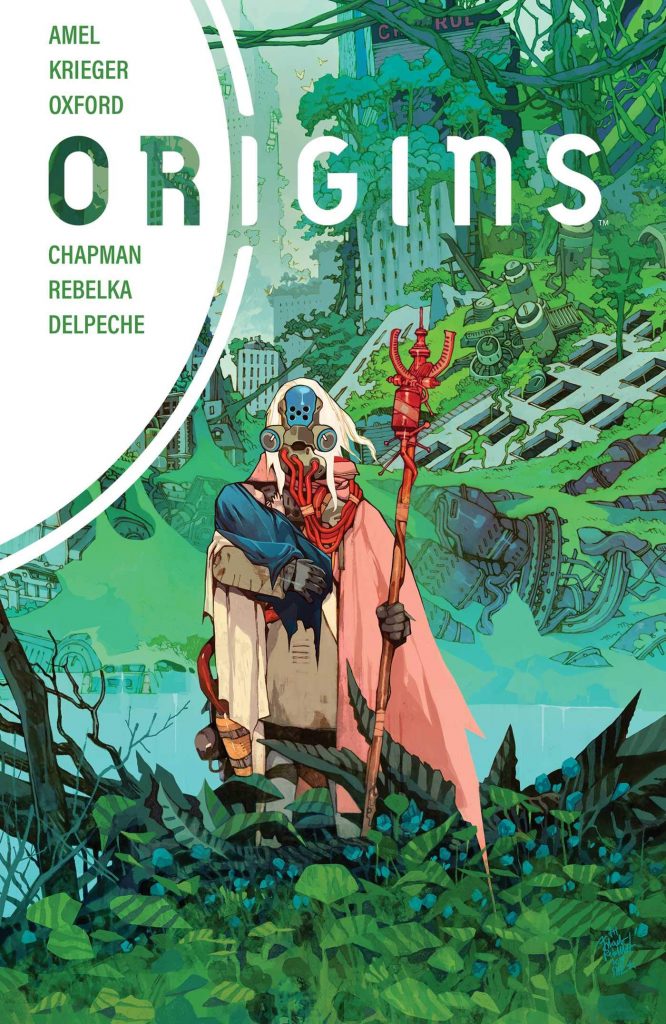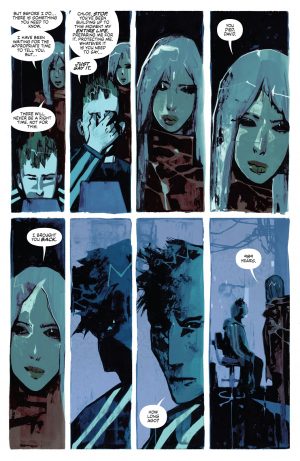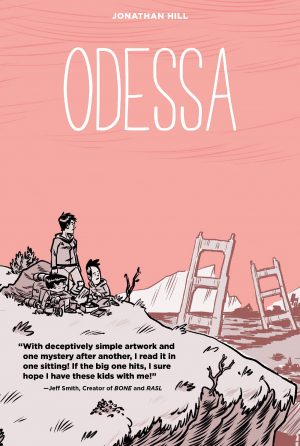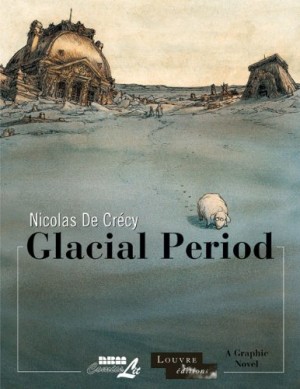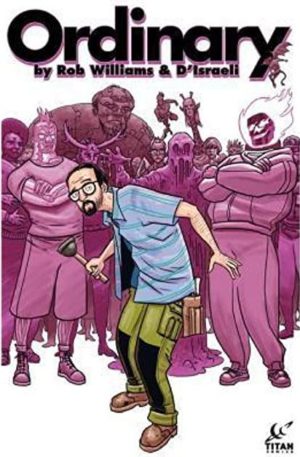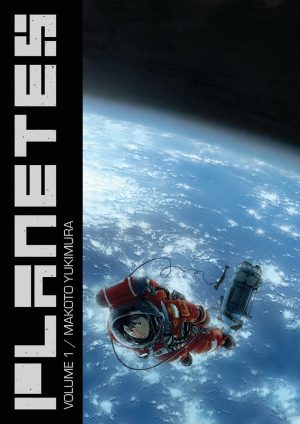Review by Ian Keogh
Humanity has been gone for almost a thousand years when David is returned to life. He has a horrendous legacy to contend with, as it was his attempt to safeguard the human race that actually destroyed it.
We don’t learn that until after a chapter spent wandering the new world, Jakub Rebelka showing how nature has reclaimed the planet, twisting its way over and through anything man-made. Chloe, though, seems to walk through it without attracting the attention of the dangers outside, and she and robot servant Cliff are the ones who’ve managed to restore David to life and raise him to adulthood, when he learns the truth.
Boom! Studios list Clay McLeod Chapman as writer and Arash Amel, Lee Kreiger and Joseph Oxford as the team who came up with the concept, without explaining how much they contributed. Was Chapman just told to write about a world where humanity was extinct, for instance, or was he given a far more detailed outline? Whoever’s responsible overall prioritises the mood above the plot. In some ways this is no bad thing, as Rebelka’s impressionistic art combines well with the colours of Patricio Delpeche, giving Origins a very organic and distinctive look. Each page is a pleasure until the final chapters, where Rebulka’s style isn’t suited to the widescreen battles.
Origins is ultimately about life, and what constitutes it. Is a human clone implanted with memories of his predecessor any more alive than a hive mind or a robot who’s lived and learned for a century beyond its programmed purpose? Is a thriving planet with humanity absent a form of life? Those questions cleverly throw a compromised validation over what would otherwise be an optimistic ending.
Pruned of a couple of chapters and the repetition, Origins would be a tight SF thriller asking viable questions, but this version is uneven and flawed, yet still readable.
